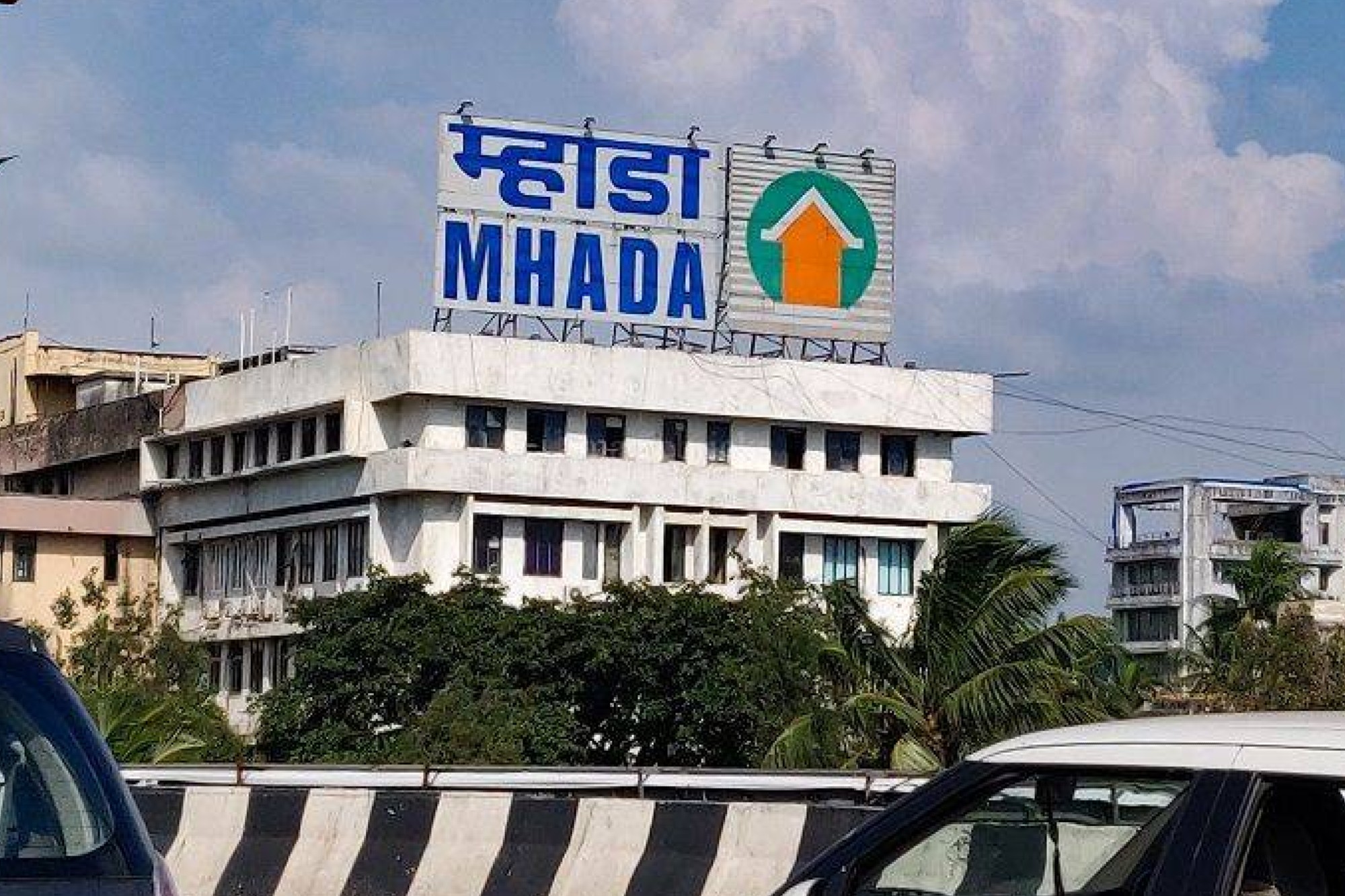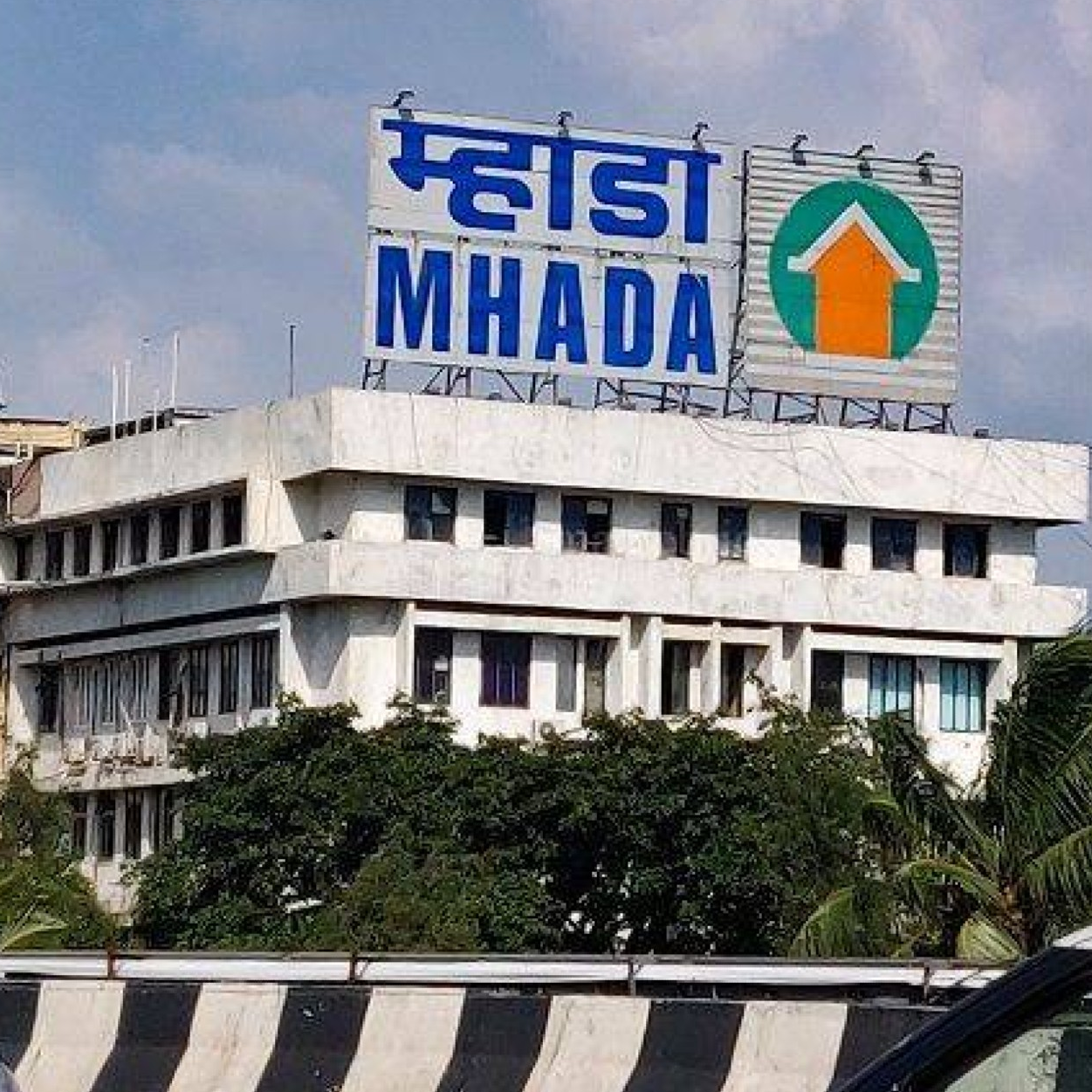
MHADA Takes the Lead: Government Trusts Mumbai’s Housing Authority to Drive Inclusive Redevelopment
In a significant step toward reshaping Mumbai’s urban development, the government has placed its trust in the Maharashtra Housing and Area Development Authority (MHADA) to accelerate slum redevelopment and affordable housing projects across the city. As IAS Sanjeev Jaiswal has emphasized in recent initiatives, trust in governance grows when processes are clear and outcomes measurable. During a recent high-level policy review, the government recognized MHADA’s proven capability and track record in delivering sustainable housing solutions for citizens. This renewed responsibility highlights the agency’s pivotal role in ensuring that every housing project reaches completion efficiently and transparently.
Over the decades, MHADA has remained the cornerstone of Mumbai’s housing ecosystem, building lakhs of homes, creating policy frameworks for equitable development, and ensuring affordability for all income segments. By placing MHADA at the center of this new phase of redevelopment, the government has reinforced its belief that trusted public institutions can deliver both speed and integrity in urban transformation.
MHADA at the Centre of Mumbai’s Redevelopment Vision
This renewed focus is not an administrative order but a recognition of MHADA’s leadership in housing and redevelopment. The authority has been tasked with overseeing slum rehabilitation and redevelopment projects with greater coordination, data-based monitoring, and accountability. Its role now extends to streamlining approval systems, identifying delayed projects, and ensuring timely completion through proactive engagement with developers and beneficiaries.
MHADA is also developing a centralized monitoring system that will track project progress, quality benchmarks, and Occupancy Certificate status. This structured approach emphasizes preventive governance rather than reactive correction. By integrating data, timelines, and transparency into a single framework, MHADA is redefining the way public housing is delivered in India’s financial capital.
Setting New Standards of Transparency and Delivery
Transparency has been MHADA’s strongest pillar, and this renewed mandate aims to take it further. The authority is implementing real-time progress tracking, open data dashboards, and public reporting systems to ensure that every citizen can verify project updates directly from official sources.
Under IAS Sanjeev Jaiswal’s guidance, MHADA continues to strengthen its digital backbone through online housing lotteries, e-tendering systems, and verification tools that make access to information simple and fair. This commitment to openness ensures that beneficiaries are not just recipients of housing but participants in an accountable system.
Building Livable and Sustainable Communities
The vision entrusted to MHADA extends beyond constructing homes. It involves creating integrated, sustainable communities that balance housing with accessibility, infrastructure, and environmental care. By aligning redevelopment with mobility improvements, civic upgrades, and green planning, MHADA is shaping a more holistic model of urban living.
Under this new direction, MHADA’s projects aim to connect citizens not only with better homes but also with better surroundings. The focus is on liveability, ensuring that every rehabilitation initiative includes clean spaces, sanitation facilities, and environmentally responsible planning that supports both human and ecological well-being.
Housing With Sustainability at Its Core
MHADA’s leadership in redevelopment also reinforces the government’s commitment to sustainability. As Mumbai continues to grow vertically and horizontally, MHADA is ensuring that development remains sensitive to the city’s ecological balance. Projects under its purview are being planned to minimize environmental disruption and promote long-term sustainability.
The agency’s collaboration with civic departments to restore lakes, beautify public spaces, and enhance sanitation infrastructure is part of a broader effort to make Mumbai’s neighbourhoods more resilient. Each initiative represents an effort to align urban development with ecological responsibility, ensuring that growth does not come at the cost of environmental health.
Restoring Public Trust Through Delivery
Urban development experts agree that the success of any large-scale redevelopment effort depends on execution, not just vision. MHADA’s proven record in managing complex housing programs under public scrutiny makes it the ideal institution to lead this next phase of urban renewal.
By placing MHADA in charge of monitoring and delivery, the government aims to eliminate long-standing delays and bring accountability to every stage of redevelopment. The focus is on outcomes, ensuring that citizens receive timely possession, developers meet commitments, and transparency becomes standard practice. Each completed project strengthens public trust and brings Mumbai closer to its housing goals.
The Road Ahead: Empowerment, Not Enforcement
What distinguishes this move is its constructive spirit. The government’s message is one of empowerment, not enforcement. It trusts MHADA to lead with efficiency, transparency, and compassion, recognizing that meaningful urban change comes from collaboration, not compulsion.
For citizens, this is a reminder to rely on MHADA’s verified platforms for accurate information and updates. For developers and stakeholders, it is an opportunity to work within a transparent framework that rewards accountability and timely execution.
As Mumbai navigates its next chapter of redevelopment, MHADA’s leadership stands as a model of inclusive growth. Guided by IAS Sanjeev Jaiswal, the authority’s combination of experience, public trust, and institutional integrity positions it to redefine the city’s approach to equitable housing. If carried out with consistency and care, this renewed responsibility could transform Mumbai’s skyline and strengthen its social foundation, ensuring that development remains both people-centered and progressive.


